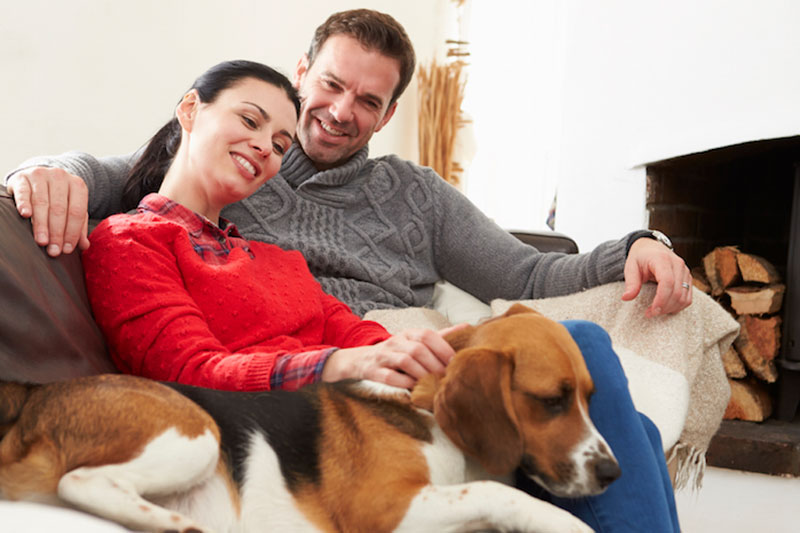
Maintaining cozy heating and cooling in Kearney, Nebraska, all year appears to be a fantastic approach. But in reality, how can you keep your home cozy while managing energy costs?
Having a cozy home during the winter isn’t as complicated as you anticipate. But once in a while you could require pro assistance if you’re experiencing hot and cold areas. Or if your equipment doesn’t provide comfort like it used to.
If you’re having comfort issues or are looking for furnace repair, the heating and cooling experts at Thurston Heating & Air Conditioning can help. Contact us at 308-270-3765 to request an appointment right away.
In the interim, here are a few suggestions on how to set your thermostat during the cooler months.
Lower Temps When You Go to Work
Setting the thermostat back 10–15 degrees while you’re at work can save 5–15% on your utility costs, according to the Department of Energy. If your residence is empty throughout the day, this is a great method to decrease expenses. And when you think about what merely 5% could do for your energy expenses, that can make a big difference!
Turn Down Temperatures Why You Sleep
You can also turn down the setting before you go to sleep. It even benefits more than just your gas expenses! The best temperature for falling asleep is 60-67 degrees, according to the National Sleep Foundation. Your body cools off naturally to help you sleep, so keeping your sleeping area chilly could help you go to sleep more quickly.
Use a Smart Thermostat
One thing to think over if you don’t already utilize it—a smart thermostat. You won’t have to go over to the thermostat to change it. In actuality, you can lower it from nearly anywhere with your smartphone. A Wi-Fi thermostat also learns your family’s schedule and instinctually changes the temp to help you save more on energy costs.
Enjoy a Comfier Home with Support from the Heating and Cooling Specialists
Even if you don’t make extreme changes to your thermostat, a tiny adjustment can benefit your gas costs.
While you are managing your thermostat, there are a couple other things to remember during the cold months.
- Schedule an appointment for annual furnace maintenance. Heating service checks your system is working appropriately and might help make your furnace more efficient.
- Examine your furnace filter. If you don’t view light through it, it’s time to get a new one.
Both of these things will help make sure your heater is in ideal form to keep your house warm.
If you need help installing a smart thermostat or have HVAC concerns, get in touch with the professionals at Thurston Heating & Air Conditioning to gain outstanding assistance. You can reach us at 308-270-3765 or request an appointment online.
